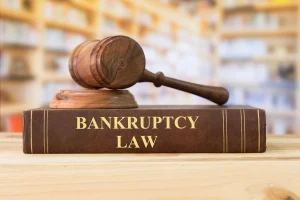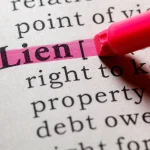
With the emergence of Covid-19 and its variants, followed by gathering restrictions and lockdowns, and increasing costs such as higher minimum wage, it has become increasingly difficult for businesses to keep up with the bills. Many businesses are now being forced to consider bankruptcy.
Generally, businesses can go bankrupt in one of three ways, the most common way is voluntarily. This is called a Voluntary Assignment, or an Assignment in Bankruptcy. A business can choose voluntary bankruptcy when it meets certain insolvency thresholds. Under the Bankruptcy and Insolvency Act (BIA), a business is considered to be insolvent when it is unable to meet its financial obligations as they become due or if its debts exceeds the value of its assets. Insolvency is not bankruptcy; insolvency is a requirement for bankruptcy. Insolvency is a financial state, while bankruptcy is a legal state.
Sole Proprietorships and Partnerships
The owner of a sole proprietorship or a partnership is not considered to be legally separate from the business. Therefore, the owner’s personal assets are included in the bankruptcy and could be sold to satisfy business debts. Additionally, the bankruptcy will appear on the owner’s personal credit report, affecting the owner’s credit rating and score.
In a two-person partnership, if one individual declares bankruptcy, the partnership can no longer exist. If the partnership includes more than two partners and one declares personal bankruptcy, the partnership may continue to operate if there is an agreement.
Corporations
Unlike sole proprietorships and partnerships, corporations are legal entities separate from their owners. Therefore, the corporation is responsible for its own debts. It can go bankrupt without involving the personal assets of its shareholders, directors, officers and employees. However, a shareholder or director may face personal liability for the corporation’s debts if they for instance gave a personal guarantee. In certain cases, directors can also be held personally liable in certain circumstances for a corporation’s unpaid wages and HST obligations. Where such may be the case, it is best to seek legal advice.
Each situation is different, so if you are considering a voluntary bankruptcy for you and your business, you should consider talking with a lawyer. At Inch Hammond, one of our lawyers may be able to assist.





